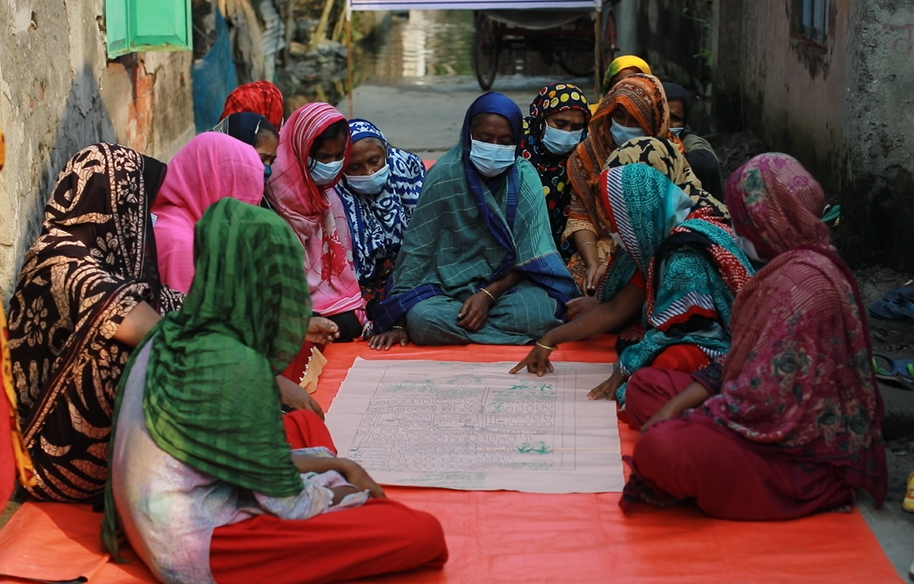Learning in the WASH SDG Consortium: how to reflect, share and inspire
Who does not know the proverb: ‘If you want to go fast, go alone. If you want to go far, go together.’ Going far is definitely the goal of the WASH SDG programme.
It aims to sustainably improve access to and use of safe drinking water for at least 450,000 people, sanitation for at least 2 million people and improve the hygiene behaviours of 1.6 million people before the end of 2022. It is led by the Netherlands WASH SDG Consortium formed by the partners WASH Alliance International (led by Simavi), SNV and Plan International.
Many partners working in different sub-programmes: that is a wonderful opportunity for sharing knowledge and building on each other’s key strengths. That is: if you organise this in an effective way. The WASH SDG Consortium developed three global learning trajectories for this purpose. One on Gender Equality and Social Inclusion, one on Sustainability Clause, Compacts and Checks, and one on WASH and Climate. All trajectories started from the preferences and needs of the participants.
To learn how effective these learning trajectories have been so far, a survey was conducted amongst 15 WASH SDG colleagues (from different alliance partners) working on various sub-programmes. They all participated in the learning trajectory on Gender Equality and Social Inclusion. Part of this trajectory were quarterly calls to reflect on learning needs and progress. They were also used to discuss what contributions the sub-programmes themselves could make to the learning trajectory.

Monthly online learning clinics
These contributions were shared in monthly online learning clinics. These 1,5-hour Zoom-sessions focused on one specific learning topic and allowed 2 or 3 sub-programmes and/or external experts to present their case through a presentation or video, followed by a Q&A and discussion. Typically, between 25 and 30 people would attend from different countries and organisations, also providing learning opportunities for local government and field staff at the regional or district level.
As the survey turned out, these online clinics were rated even more valuable than face-to-face learning events and exchange visits, due to them being frequent and not too time consuming in relation to the information learned. Also, the way information was presented was very much in line with the preferred ways of learning, e.g., by videos and infographics, presentations, and panel discussions.
Cross-country learning
All participants indicated that the learning trajectory made their sub-programmes better. For example, Covid-19 masks were adjusted based on what was discussed during one of the learning clinics: “We are already making masks but making transparent masks for the deaf is an easy adjustment to ensure solutions are inclusive”. In addition, several sub-programmes explained how they introduced the “women entrepreneurs association concepts from learnings from another country,” which demonstrates how they engaged in cross-country learning.
One insight from these learnings: a central online platform where all knowledge can be shared, also with external partners, would add even more value and possibilities for scaling up. Good news: this is something the consortium is currently working on.


